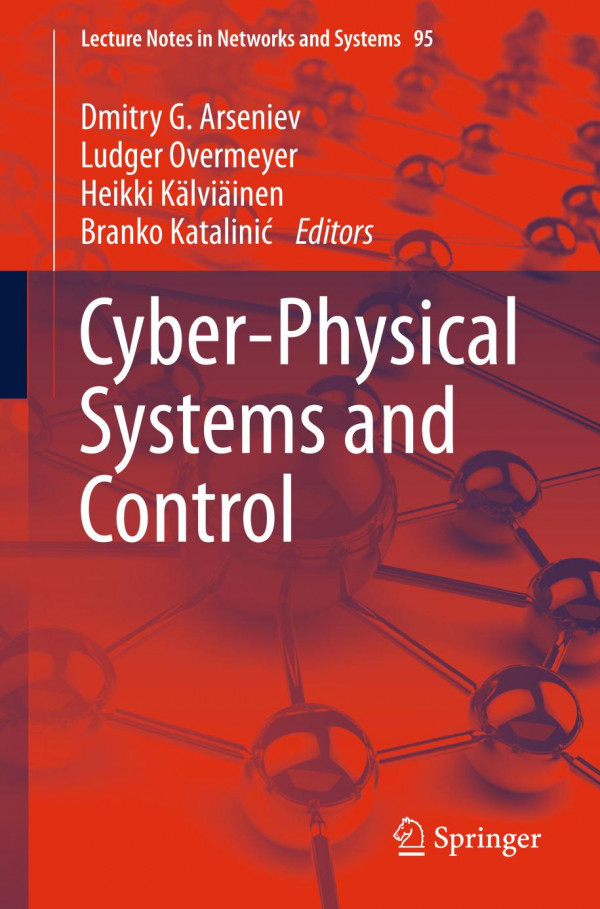

Most ebook files are in PDF format, so you can easily read them using various software such as Foxit Reader or directly on the Google Chrome browser.
Some ebook files are released by publishers in other formats such as .awz, .mobi, .epub, .fb2, etc. You may need to install specific software to read these formats on mobile/PC, such as Calibre.
Please read the tutorial at this link: https://ebookbell.com/faq
We offer FREE conversion to the popular formats you request; however, this may take some time. Therefore, right after payment, please email us, and we will try to provide the service as quickly as possible.
For some exceptional file formats or broken links (if any), please refrain from opening any disputes. Instead, email us first, and we will try to assist within a maximum of 6 hours.
EbookBell Team

0.0
0 reviewsThis book presents the proceedings of the International Conference on Cyber-Physical Systems and Control (CPS&C'2019), held in Peter the Great St. Petersburg Polytechnic University, which is celebrating its 120th anniversary in 2019. The CPS&C'2019 was dedicated to the 35th anniversary of the partnership between Peter the Great St. Petersburg Polytechnic University and Leibniz University of Hannover.
Cyber-physical systems (CPSs) are a new generation of control systems and techniques that help promote prospective interdisciplinary research. A wide range of theories and methodologies are currently being investigated and developed in this area to tackle various complex and challenging problems. Accordingly, CPSs represent a scientific and engineering discipline that is set to make an impact on future systems of industrial and social scale that are characterized by the deep integration of real-time processing, sensing, and actuation into logical and physical heterogeneous domains.
The CPS&C'2019 brought together researchers and practitioners from all over the world and to discuss cross-cutting fundamental scientific and engineering principles that underline the integration of cyber and physical elements across all application fields. The participants represented research institutions and universities from Austria, Belgium, Bulgaria, China, Finland, Germany, the Netherlands, Russia, Syria, Ukraine, the USA, and Vietnam. These proceedings include 75 papers arranged into five sections, namely keynote papers, fundamentals, applications, technologies, and education and social aspects.